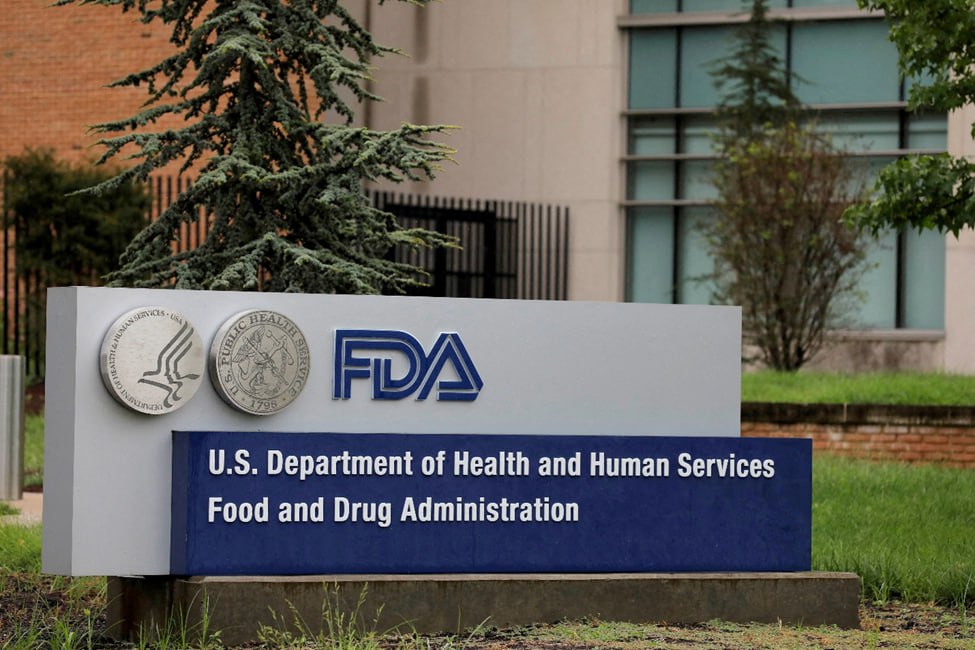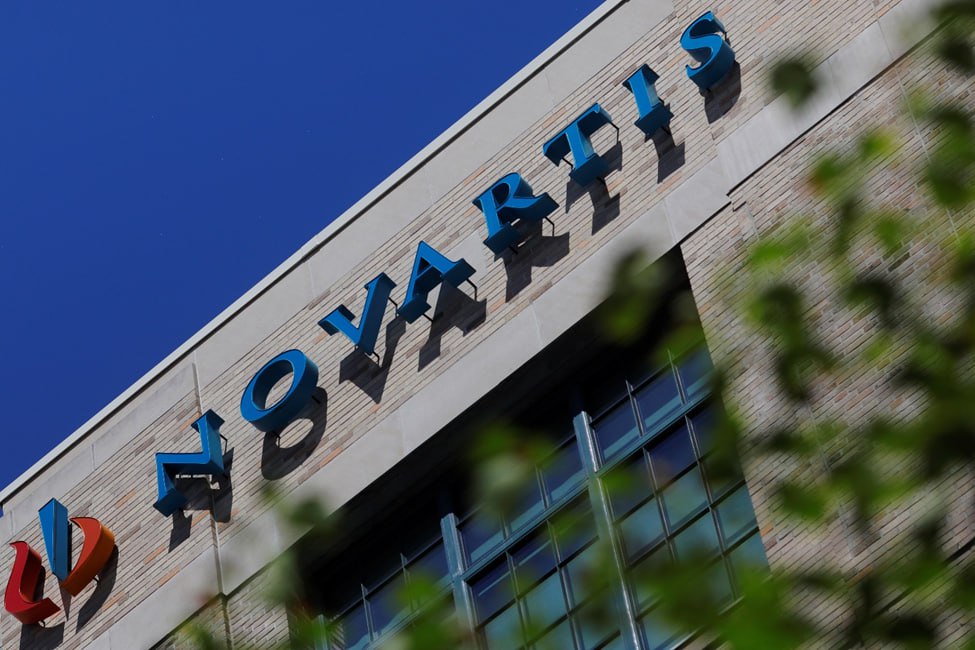The U.S. Food and Drug Administration on Wednesday said it is aiming to reduce the number of human clinical studies required for approval of certain biosimilar drugs and cut development costs for the medicines made using living cells.
The agency released draft guidance proposing ways to accelerate the availability of less expensive close copies of complex biotech medicines. The move is part of a broader push to cut healthcare costs, U.S. Secretary of Health and Human Services Robert F. Kennedy Jr. said in a press conference.
“Under this new framework, companies may not always need to conduct large, expensive human trials when advanced testing can already prove that biosimilars work just as effectively and just as safely as the original drug,” Kennedy said.
Unlike cheap generic versions of simple-to-manufacture pills, medicines made from living cells cannot be exactly copied so are referred to as biosimilars.
Major pharmaceutical companies and industry groups have lobbied against such changes that they argue could hurt innovation and limit treatment options.
Biotech drugs are the fastest-growing class of medications in the United States and account for a substantial and growing portion of healthcare costs, the FDA has said.
Biosimilars have faced multiple barriers, including physician hesitancy, reimbursement policies, and complex patent litigation.
Drugmakers such as Eli Lilly, Pfizer, Merck and Bristol Myers Squibb have warned investors about the impact of biosimilar competition in regulatory filings, while makers of generic drugs including Teva, Dr Reddy’s and Sandoz have supported reforms.
The FDA’s move follows recent pricing agreements between U.S. President Donald Trump and drugmakers, which have added pressure on branded drug revenues.






